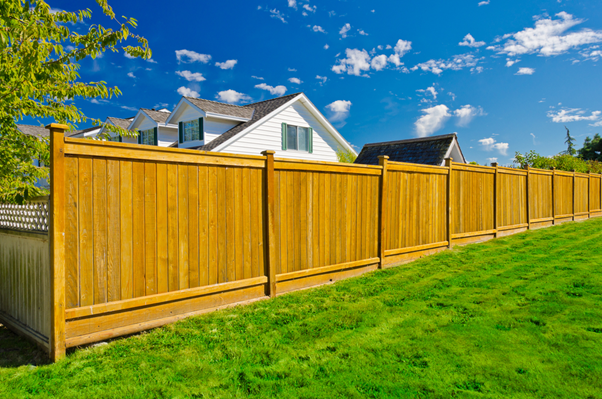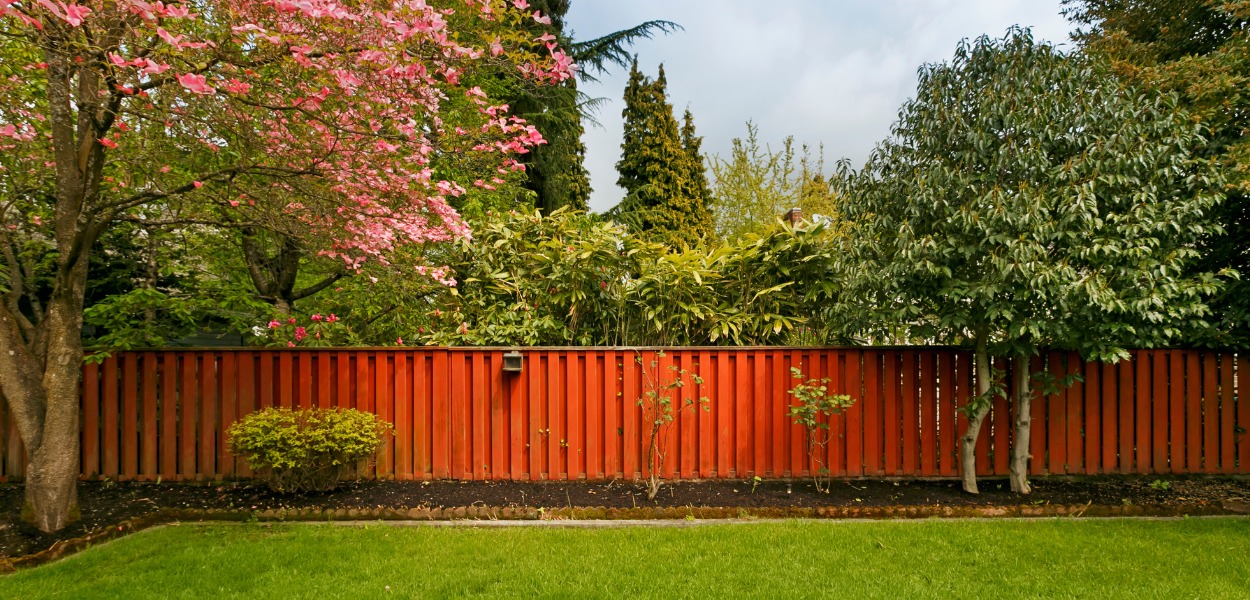All Categories
Featured

Vinyl fencings are recognized for their low-maintenance appeal and durable toughness, making them a superb selection for homeowners searching for a useful yet fashionable limit for their property. Unlike timber, plastic does not require consistent painting or sealing. However, much like any kind of exterior framework, plastic fences still require periodic cleansing to keep them looking pristine and to prolong their life-span. Here are several of the very best methods for cleansing your plastic fencing.
- Routine Dusting and Sweeping. Regular care is essential to stop particles from building up on your plastic fencing. The most convenient method to keep your fence is by on a regular basis dusting or sweeping off any kind of dust, leaves, or various other debris that gather.
- Moderate Soap and Water for Regimen Cleaning. For routine maintenance, an easy soap and water option works wonders. It's a simple, effective means to clean your plastic fence without creating damage. Below's how to clean your vinyl fencing with soap and water:
Action 1: Mix a mild detergent, such as meal soap, with cozy water in a pail. Purpose for around 1/4 cup of soap for every single gallon of water. Action 2: Dip a soft cloth, sponge, or non-abrasive brush right into the option and gently scrub the surface area of the fencing. Focus on dust accumulation on corners, sides, and low-lying locations where grime may accumulate. Action 3: After cleaning the surface area, wash it thoroughly with a yard hose to remove all soap residue. This technique is fantastic for light dust and gunk and can be done every couple of months to keep the look of your fence.
- Make Use Of a Power Washing Machine for Stubborn Spots. If you've disregarded your plastic fencing for some time, or if it has built-up gunk, mold, or mold, a power washer can be an efficient device for deep cleansing. You need to use the proper pressure to prevent damaging the vinyl. Here's how to safely power clean your vinyl fence:

Step 1: Set the power washer to a low-pressure setup, ideally around 1,500-2,000 psi. High stress can harm the vinyl surface area or cause it to fracture. Step 2: Stand a minimum of 2 feet far from the fence and begin splashing from the top down. This assists avoid streaks and ensures that dirt is washed off efficiently. Action 3: Relocate the power washer nozzle in a side-to-side sweeping activity, and be sure to keep the water pressure constant. Step 4: Wash the whole fence completely with water to eliminate dirt and detergent residue. Power cleaning is a superb alternative for large fences or for those with persistent dust and spots that soap and water can't get rid of.
- Getting Rid Of Mold and Mold. In wet or shaded locations, mold and mildew and mold prevail troubles for plastic fences. To battle this, you can make use of a service of vinegar or bleach to remove the growth and sanitize. Right here's how to treat mold and mold on your fencing:

Action 1: Mix one mug of white vinegar with a gallon of warm water. Mix 1/4 cup of bleach with a gallon of water. Step 2: Use the option to the impacted locations making use of a soft cloth or sponge. Allow it rest for concerning 10-15 mins. Step 3: Scrub the locations with a non-abrasive brush to raise the mold and mildew or mildew off the surface. Step 4: Rinse completely to get rid of any kind of cleaning remedy and particles. If you select to make use of bleach, be mindful not to spill it on neighboring plants or materials, as it might trigger damage or discoloration.
- Vinyl Fence Cleansers for Tough Discolorations. For hard, persistent stains like pen, tar, or grease residue, you can use a specialized vinyl fencing cleaner. These items are created to securely tidy vinyl without triggering damages. Make sure to adhere to the product's instructions for ideal outcomes, and test it on a little, inconspicuous location of the fence initially.
- Preventing Future Dirt and Discolorations. While cleansing is very important, stopping future spots and accumulation can make your upkeep regular a lot less complicated. Consider these ideas for long-term upkeep:
Trim greenery: Thick plants, vines, or bushes can trap moisture versus your plastic fencing, resulting in mold and mildew development. Cut neighboring plants to guarantee the fencing continues to be tidy and completely dry. Seal cracks and voids: Examine your fence regularly for fractures or gaps, and secure any kind of that you find to keep dust and water from entering the fencing framework. Install a safety covering: Some homeowners use vinyl-safe protective layers to their fencings. These finishings can function as an obstacle versus dust, UV rays, and water, reducing the regularity of deep cleansing needed. 7. Specialist Cleansing. If you're not sure regarding cleaning your fence yourself, or if it needs a deep tidy, take into consideration working with a specialist. Numerous cleaning companies use fencing cleaning services and have the tools and experience to tackle difficult spots without harming your fence. They can also manage big or high fencings that might be challenging to clean up on your very own.
Final thought. Vinyl fencings are low-maintenance, yet they still require regular treatment to keep them looking their ideal. By utilizing moderate soap and water for regular cleansing, using a power washing machine for stubborn dust, and treating mold or mold promptly, you can ensure your plastic fencing stays beautiful. Normal cleansing, together with preventative procedures, will prolong the life of your fence and keep it improving the elegance and safety and security of your residential property for several years ahead.
Latest Posts
Maximize Your Savings with Love My Lending Institution Benefits
Published Apr 20, 25
1 min read
A Taste of the City, Right in the Heart of Iowa
Published Apr 20, 25
2 min read
Wood Secure Fencing Functions and Charm
Published Apr 20, 25
1 min read